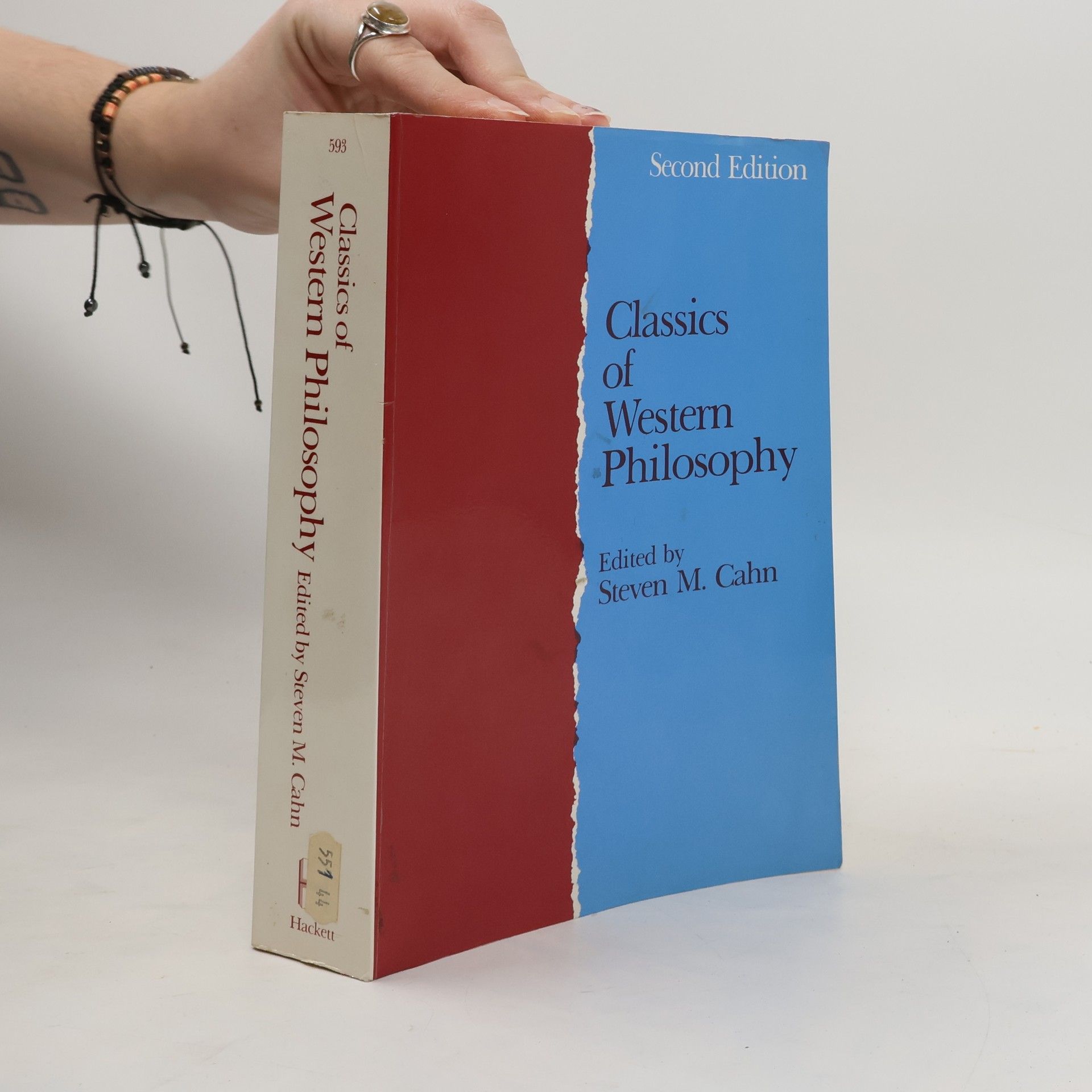Philosophical Debates
- 128 stránok
- 5 hodin čítania
Exploring philosophical debates on fate, the knowability of God, and the conflict between morality and happiness, this volume completes Steven M. Cahn's trilogy of shorter writings. It includes both his essays and edited responses to other philosophical works, providing context and enhancing accessibility. Through these discussions, Cahn's insights and teaching prowess are showcased, solidifying his reputation as a prominent figure in contemporary philosophy.


